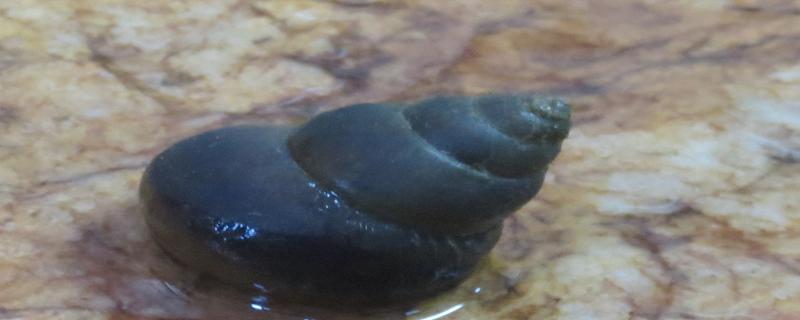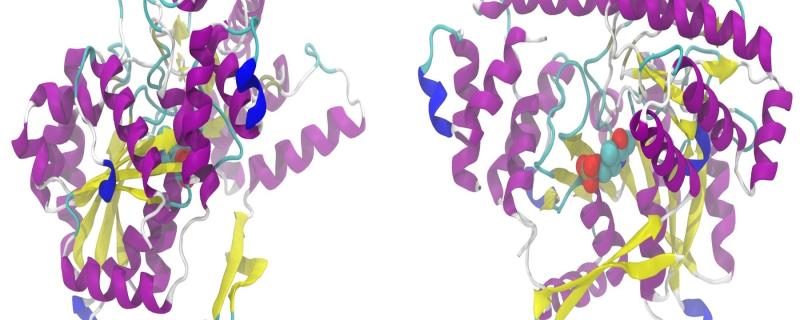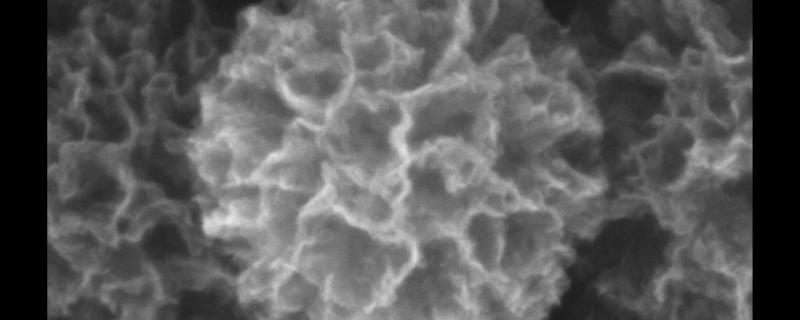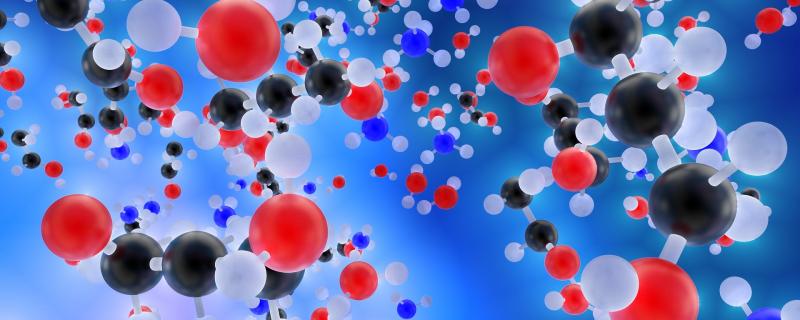Indigenous tribal communities usually reside in harmony with their environment and possess the knowledge, passed down to them by tradition, of the nutrient-rich food available in their surroundings. These traditional foods are rich in proteins and micronutrients. Globally, almost a billion people are dependent on these foods for adequate nutrition. However, despite this treasure of knowledge and proximity to the biodiverse environment, the tribal communities face widespread malnutrition. A diverse diet, consisting of the specific indigenous foods known and accessible to these communities would fulfil the micronutrient need. But because of reasons like easy access to markets, food security programs and other opportunity costs of accessing diverse food sources, tribal communities are transitioning towards monotonous modern diets, which may contribute to hidden hunger in them.
Dr Suparna Ghosh Jerath of the Indian Institute of Public Health-Delhi (IIPH-Delhi) realised the importance of studying and documenting this treasure trove of knowledge of indigenous foods and food habits and exploring the possibility of utilising this knowledge to address malnutrition in the tribal communities.
Archives
आईआईटी मुंबई के शोधकर्ताओं ने देश का पहला स्वदेशी रूप से रचित और निर्मित माइक्रोप्रोसेसर विकसित किया है।
Mud snails, also known as mystery snails, live in freshwater and belong to a snail family called Viviparidae. They are found throughout the world except in South America and Antarctica. Such globally distributed species incite interesting questions about their dispersal across different continents. In a recent study, researchers in Bengaluru from the Ashoka Trust for Research in Ecology and the Environment (ATREE) and the Indian Institute of Science (IISc), investigated manifestation of these mystery snails in India.
हमें अक्सर बताया जाता है कि भारत अपने गाँवों में बसता है। हालाँकि हाल ही में शहरी विकास पर प्रकाशित रिपोर्ट और अध्ययन इस पर प्रश्न चिन्ह लगाते हैं। वैश्विक स्तर पर देखने से पता चलता है कि २०१८ में
Among the illustrious list of Padma awardees for 2020 on the eve of Republic Day, the Government of India has announced Padma Shri to Prof. Kattungal Subramaniam Manilal under Science and Engineering category. He is among the eight of 118 Padma Shri awardees under the Science and Engineering category.
In a recent study, researchers at the Indian Institute of Science Education and Research (IISER) Mohali, have studied the mechanism behind the phase separation of the tau protein fragment that forms characteristic aggregates associated with Alzheimer's disease.
Nanomaterials are revolutionising the way we do things with applications in medicine, electronics and biocompatible materials, to name a few. Scientists are studying various nanoforms of carbon—nanotubes, nanocones, nanohorns, two-dimensional graphene and even carbon onions! Now, researchers from the Indian Institute of Technology Bombay have added a new form to this list called nano carbon florets. These nano-sized florets, shaped like marigold flowers, have much more than just good looks to flaunt; they can help keep the environment clean by removing harmful heavy metal pollutants from industrial effluents. In a study published in the journal ACS Applied Nano Materials, Prof C Subramaniam and his team from the Department of Chemistry have designed nanocarbon florets that can remove up to 90% of pollutants containing arsenic, chromium, cadmium and mercury.
Prostate cancer occurs when the cells of the prostate gland—a male reproductive organ—start growing abnormally due to the elevated level of androgens. Androgens are hormones required for development and maintenance of the male reproductive system.
भारतीय तंत्रज्ञान संस्था, मुंबई येथील स्थापत्य विभागात कार्यरत, प्राध्यापक सुबिमल घोष यांना वैज्ञानिक आणि औद्योगिक संशोधन परिषद (सी एस आय आर) पुरस्कृत शांती स्वरूप भटनागर पुरस्कार २०१९ जाहीर झाला आले.
Artificial intelligence (AI) and machine-learning (ML) approaches are the present-day buzzwords finding applications in a host of domains affecting our lives. These approaches use known datasets to train and build models that can predict, or sometimes, make decisions about a task. In one such case, researchers at the Indian Institute of Technology Bombay (IIT Bombay), Mumbai, have in a recent study, developed ML approaches using molecular descriptors for certain types of catalysis that could find use in several therapeutic applications.









